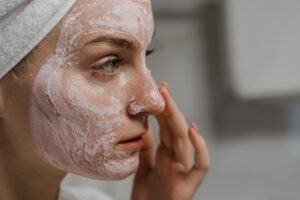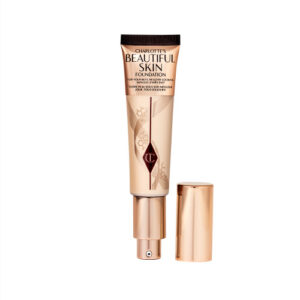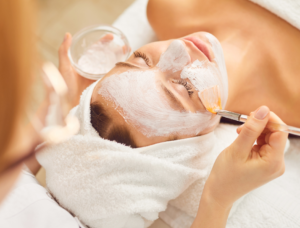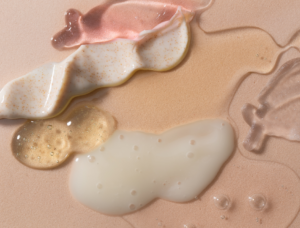When it comes to skincare, we all want products that will help us achieve that radiant, healthy glow. But sometimes, the beauty industry can be a bit of a wild ride, with a vast array of ingredients that can be confusing to decipher. To make things easier for you and your skin, let’s take a closer look at some skincare ingredients that are best avoided. Our goal? To keep your skincare routine as gentle and non-toxic as possible.
1. Parabens: The Shelf-Life Prolongers
Why You Should Avoid Them: Parabens like methylparaben and propylparaben are synthetic preservatives used to extend the life of skincare products. Unfortunately, they’ve been linked to hormone disruption, which is something we’d rather avoid.
Gentle Alternatives: Seek out products preserved with natural alternatives such as grapefruit seed extract or vitamin E.
2. Sulfates: The Foaming Overachievers
Why You Should Avoid Them: Sulfates, including sodium lauryl sulfate (SLS) and sodium laureth sulfate (SLES), are often responsible for the satisfying foaming action in cleansers and shampoos. However, they can be harsh on your skin, stripping it of natural oils and causing dryness and irritation.
Gentle Alternatives: Look for sulfate-free cleansers and gentle, hydrating formulas for a kinder cleanse.
3. Fragrance: The Scented Riddle
Why You Should Avoid It: Fragrance in skincare products is a blend of undisclosed chemicals used to make things smell nice. However, it’s a common skin irritant and can trigger allergies, leading to redness, itching, and breakouts.
Gentle Alternatives: Choose fragrance-free products or ones scented with natural essential oils for a safer option.
4. Mineral Oil: The Pore Clogger
Why You Should Avoid It: Mineral oil, paraffin oil, and petrolatum are notorious for clogging pores, potentially causing acne breakouts.
Gentle Alternatives: Look for non-comedogenic oils like jojoba, argan, or almond oil for hydration without the pore-clogging risk.
5. Formaldehyde Donors: The Stealthy Preservers
Why You Should Avoid Them: Formaldehyde-releasing agents, such as DMDM hydantoin and quaternium-15, are used to preserve skincare products. Unfortunately, they can release formaldehyde, a known carcinogen and irritant when they break down.
Gentle Alternatives: Choose products preserved with safer alternatives like phenoxyethanol or potassium sorbate.
6. Silicones: The Smooth Operators
Why You Should Avoid Them: Silicones may provide temporary smoothness but can trap debris and clog pores over time, potentially leading to breakouts.
Gentle Alternatives: Explore skincare products with natural alternatives like aloe vera gel or glycerin for a smoother feel.
7. Phthalates: The Disruptors
Why You Should Avoid Them: Phthalates, often used to enhance texture in skincare products, have been linked to hormonal disruption and potential adverse effects on reproductive health.
Gentle Alternatives: Opt for products labeled as “phthalate-free” to minimize exposure.
Your skin deserves the best, so remember to read those ingredient labels and choose wisely. Let’s keep our skincare routines gentle, healthy, and toxin-free. Here’s to happy, glowing skin!
Suggested Non-Toxic Cleansers:
- CeraVe Hydrating Cleanser: A gentle, non-foaming cleanser that’s suitable for all skin types, including sensitive skin.
- Aveeno Ultra-Calming Foaming Cleanser: Formulated with soothing ingredients, this cleanser is perfect for calming sensitive or irritated skin.
- Burt’s Bees Cleansing Oil: An all-natural, non-comedogenic cleansing oil that effectively removes makeup and impurities.
Suggested Non-Toxic Moisturizers:
- Cetaphil Daily Hydrating Lotion: A lightweight, hydrating moisturizer that’s suitable for all skin types.
- Alba Botanica Hawaiian Oil-Free Moisturizer: An oil-free, botanical-based moisturizer that’s perfect for those with oily or acne-prone skin.
- Avalon Organics Intense Defense with Vitamin C Renewal Cream: This antioxidant-rich cream helps protect and renew your skin while providing deep hydration.
Remember, a little research into the products you use can go a long way in ensuring your skincare routine is both effective and non-toxic.







